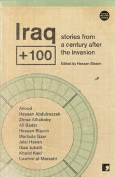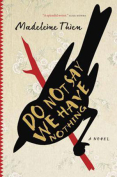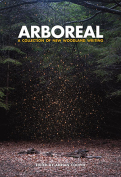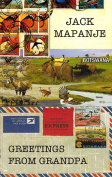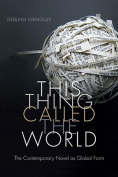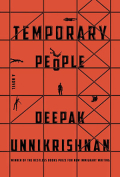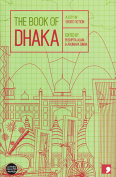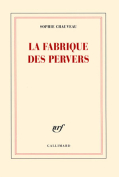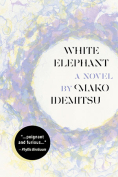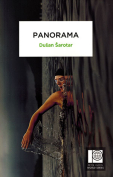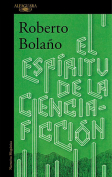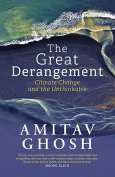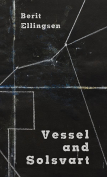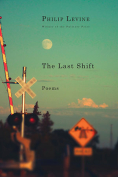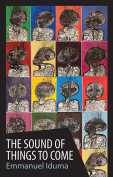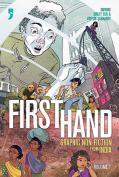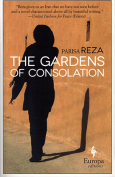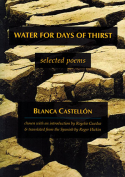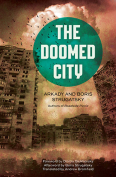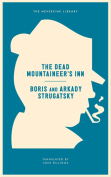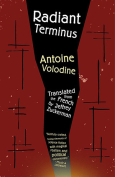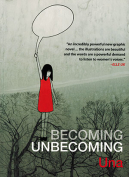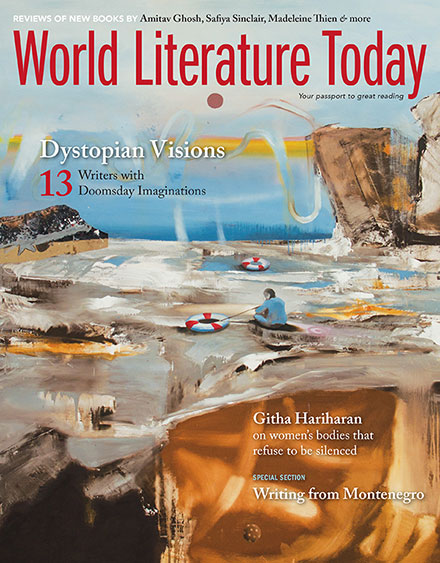Arboreal: A Collection of New Woodland Writing
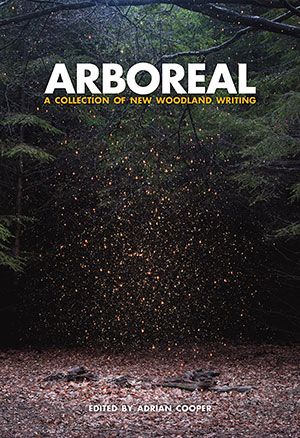 Toller Fratrum, UK. Little Toller Books. 2016. 326 pages.
Toller Fratrum, UK. Little Toller Books. 2016. 326 pages.
Arboreal: A Collection of New Woodland Writing focuses on the relationship between people and trees, between societies and forests. Each selection is subtitled with the name of a particular forest or woodland. While Arboreal is set in Britain, it would be of great interest to anyone interested in history or the environment, and the collection has something to offer readers of several genres: the prose selections range from creative nonfiction to short story, and poetry and photography are also included. It is a handsome book that would be a welcome addition to the library of anyone with an interest in traditional woodcraft, arboriculture, ecology, or natural history.
The poetry in this collection is superb and varied in style. Take, for example, Adam Thorpe’s “Nine Oaks: Curridge, Berkshire.” Thorpe captures the tree’s essence in the opening stanza: “Every tree is an interlude between applauses / of air, an upside-down splash or that lone cloud’s image. / The limbs go everywhere there is a taste of light.” For a demonstration of range, consider Richard Skelton’s series of concrete poems entitled “Thwaite,” from the Old Norse word for “clearing.”
The prose offerings are equally strong. Ali Smith’s story “The Green Stuff: Wandlebury Wood, Cambridge” makes an old allegory fresh through her description of a “green child” and a landowner’s son. It is a haunting, incomplete narrative. The landowner’s son must confront his notions of ownership and memory when the inexplicable happens. Will Ashon’s historical piece, “The Gypsy Stone,” gives a rambling (in the best sense of the word) history of Epping Forest and the role this place had on the fortunes of the transient people who lived there before the twentieth century.
In his introduction, editor Adrian Cooper expresses hope that the variety of voices offered in Arboreal will heal people’s estrangement from their traditional woodlands, but the collection was equally compelling and valuable to me, a reader with no firsthand experience with such a landscape. From the introduction onward, I was compelled to read further in Arboreal while conducting side research into the history of people, forests, and woodcraft. Raised at the edge of the Cross Timbers ecoregion of Oklahoma, I lack the ecological frame of reference the contributors share. Although my background lacks the deep husbandry of woods that yields terms such as coppice or pollard, Arboreal captured my imagination.
Greg Brown
Mercyhurst University
Get the book on Amazon or add it to your Goodreads reading list.
